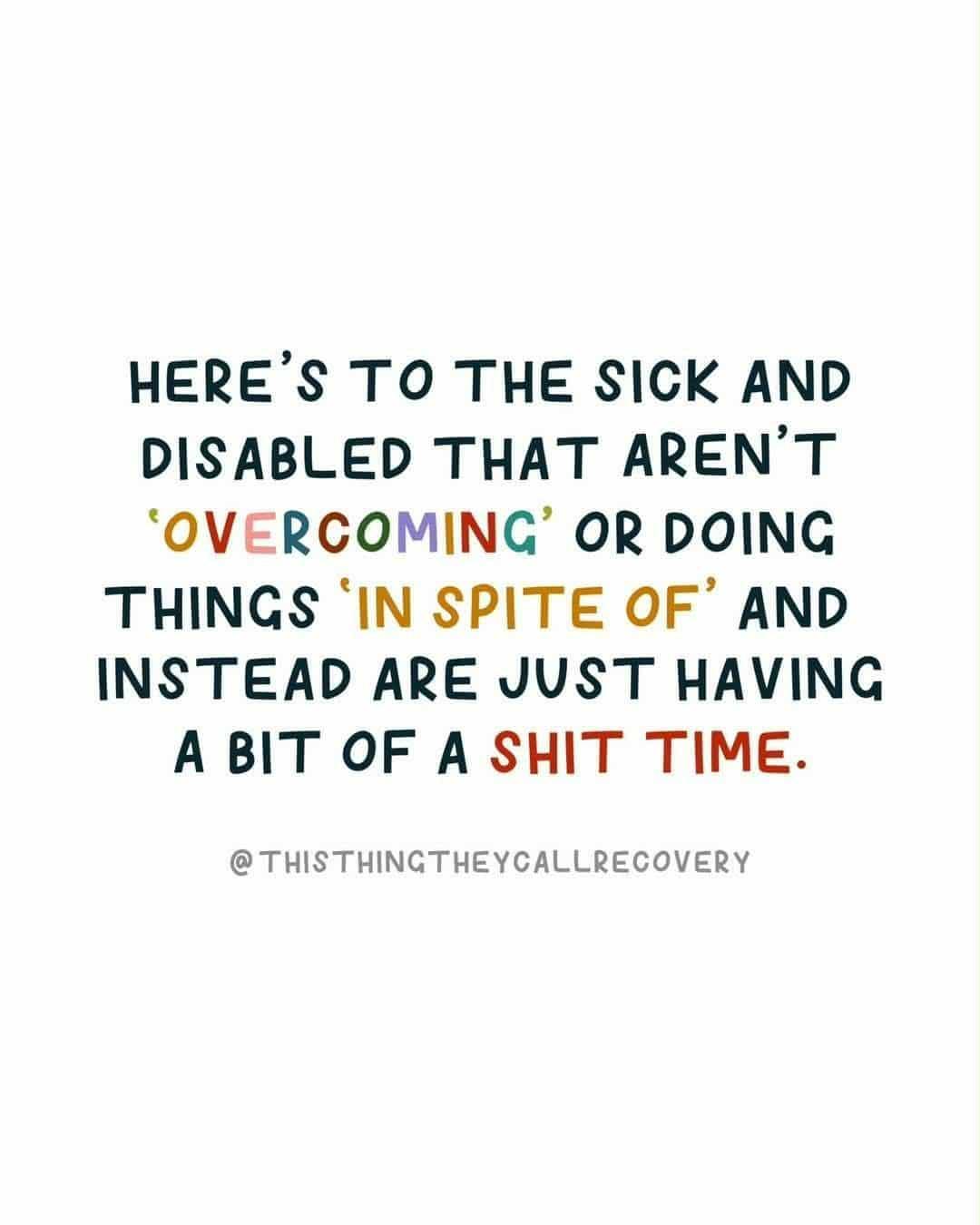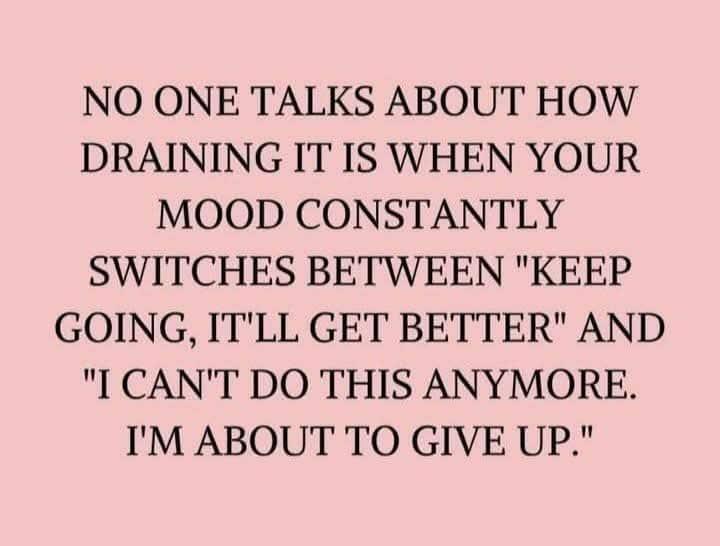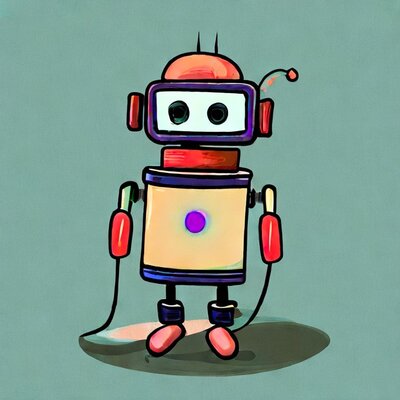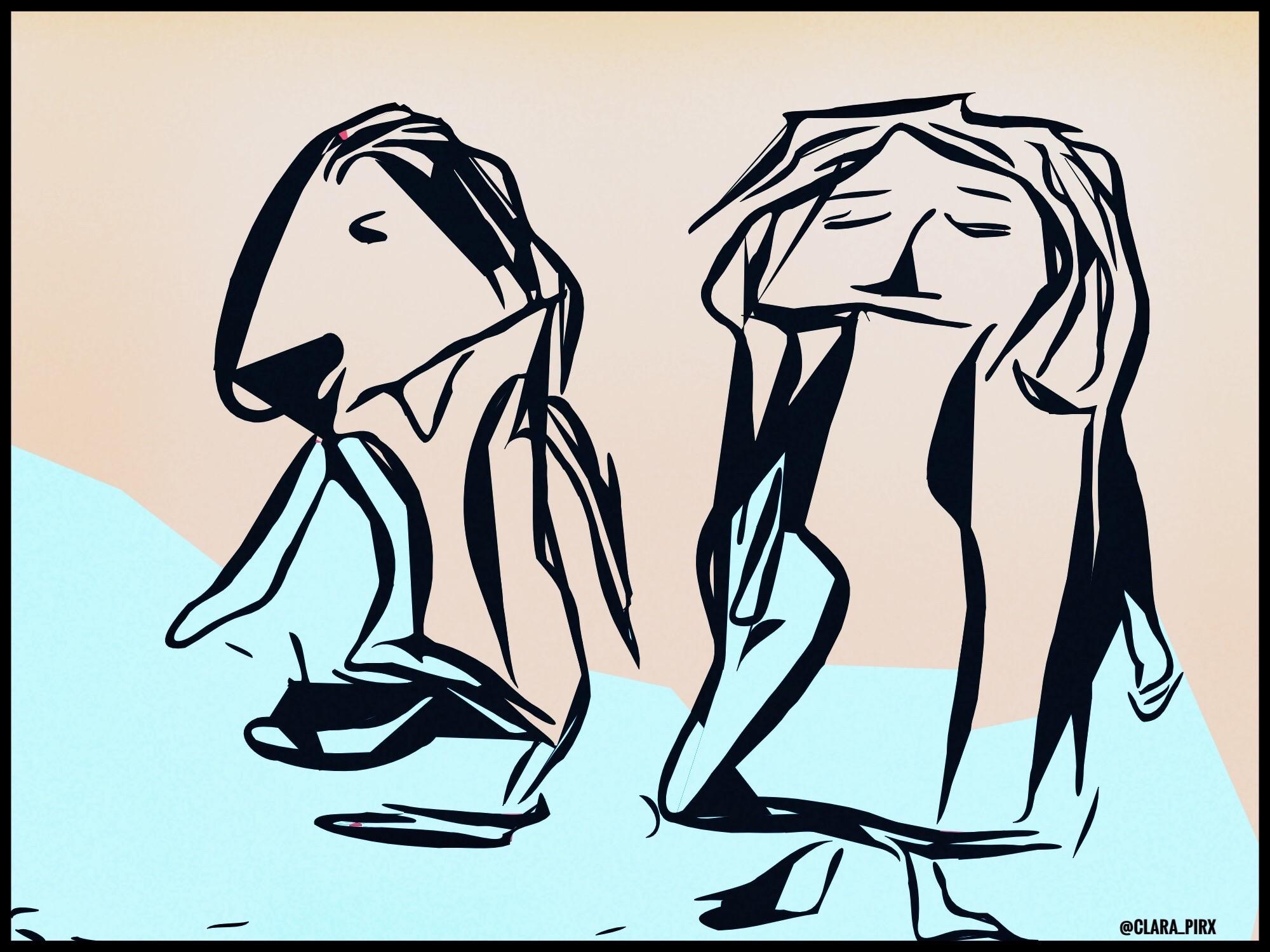DATE: August 30, 2025 at 08:00AM
SOURCE: PSYPOST.ORG
** Research quality varies widely from fantastic to small exploratory studies. Please check research methods when conclusions are very important to you. **
-------------------------------------------------
TITLE: Romantic AI use is surprisingly common and linked to poorer mental health, study finds
URL: https://www.psypost.org/romantic-ai-use-is-surprisingly-common-and-linked-to-poorer-mental-health-study-finds/
A new study provides evidence that artificial intelligence technologies are becoming embedded in people’s romantic and sexual lives. The findings, published in the Journal of Social and Personal Relationships, indicate that a sizable number of adults in the United States—especially young men—report using AI tools such as chatbot companions, AI-generated sexual imagery, and social media accounts that simulate idealized romantic partners. The researchers also found that more frequent engagement with these technologies was associated with higher levels of depression and lower life satisfaction.
In recent years, AI platforms have spread across nearly every sector of society. From image generation to text-based chat programs, AI tools are increasingly being used for entertainment, productivity, and even emotional support. While many studies have focused on how AI affects labor markets, consumer behavior, and public opinion, far fewer have explored how these technologies might be reshaping personal relationships.
Growing media interest in AI-driven romantic companions, such as chatbots that simulate intimate conversation or generate sexualized content, has fueled concerns about loneliness, emotional dependence, and the ethical implications of these tools. There has been speculation that some people may use AI in ways that supplement or replace human intimacy, but empirical data has remained limited.
“I study young adult dating and relationship patterns and have been studying pornography use as a part of my research for a decade. I was curious how modern young adults and adults were perhaps beginning to integrate generative AI technologies into their relational lives and wanted to take an early look at how common such practices were,” said lead author Brian Willoughby, a professor at Brigham Young University.
The researchers analyzed data from a large, quota-sampled national survey conducted in the United States. A total of 2,969 adults completed the online survey, which was designed to match the demographic breakdown of the U.S. population across gender, age, and race. An additional oversample of young adults aged 18 to 29 was included to better capture trends among this age group.
Participants were asked whether they had ever intentionally sought out or followed AI-generated accounts on social media that depicted idealized images of men or women. They were also asked whether they had used AI chat technologies designed to simulate romantic partners and whether they had viewed AI-generated pornography. Those who responded “yes” to any of these items were asked a series of follow-up questions to gauge the frequency of their engagement, the extent to which it involved sexual behavior, and whether they felt AI interactions could substitute for real relationships.
Validated scales were also used to measure depressive symptoms, life satisfaction, relationship satisfaction, and attitudes toward artificial intelligence. The researchers then used regression analyses to explore how demographic characteristics, social media use, and attitudes toward AI predicted engagement, and whether AI use was associated with mental well-being.
The results indicated that a significant portion of adults—especially those in their twenties—reported some form of engagement with romantic or sexual AI. Just over half of the full sample said they had encountered AI-generated social media accounts. Thirteen percent said they had intentionally sought out such content, and nearly 15 percent reported following accounts that exclusively post AI-generated images of idealized men or women.
Chat technologies appeared to be even more widely used. Nearly 19 percent of the overall sample had interacted with an AI chatbot designed to simulate a romantic partner, and over one in four young adults (aged 18–29) reported doing so. Seven percent said they had masturbated during these chats, and around 13 percent reported viewing AI-generated pornography.
“The thing that surprised me the most was how common AI companion use was among young adults,” Willoughby told PsyPost. “I thought we’d find a small group of young adults experimenting with the technology but instead found that a significant minority of young adults are using these types of technologies regularly.”
Age and gender were strong predictors of engagement. Males were significantly more likely than females to report using AI-generated pornography and to view or interact with AI content for sexual gratification. Young adults were more than twice as likely as older adults to report engaging with AI technologies, and were also more likely to say they preferred these interactions over real relationships in some contexts.
Among those who had chatted with AI-based romantic partners, about one in five agreed that they would rather communicate with the AI system than a real person. Over 40 percent said the AI system was easier to talk to or a better listener than a human partner, and 31 percent felt that the AI companion understood them better than people did.
The average time spent per week on these activities was also substantial. People who interacted with AI romantic chatbots spent an average of about 50 minutes per week chatting with them. People who viewed AI-generated images of men or women on social media spent around 30 minutes per week doing so.
Although many users reported using these platforms for non-sexual engagement, about one-third of those who interacted with AI chatbots said their chats were sexually arousing. Roughly 16 percent of those users reported having sexual conversations with AI on at least a weekly basis.
Importantly, the researchers found that engagement with these technologies was linked to well-being. People who reported chatting with AI romantic partners or using AI pornography scored slightly higher on measures of depression and slightly lower on life satisfaction, even after controlling for other factors such as social media use, age, gender, and religious attendance. While the effects were small, they were statistically significant, suggesting that AI engagement may be one of many contributors to mental health.
The study also found that people in committed relationships were more likely to report using AI-generated images and romantic chatbots than those who were single. This finding challenges the assumption that AI romantic engagement is primarily driven by loneliness or lack of real-life companionship. Instead, it may reflect attempts to supplement existing relationships or seek validation outside of them.
“The main takeaway is that AI use for relational and sexual purposes is already very common,” Willoughby explained. “Experimenting with AI companions, especially among young adults, appears to already have some strong traction. The other major takeaway is that we were already finding links between AI use and depression and loneliness. While the direction of this association is unclear, we found no evidence that AI use is helping people feel less alone or isolated.”
Although the study offers one of the most detailed snapshots to date of AI engagement in romantic and sexual contexts, the findings are primarily descriptive and exploratory. The researchers used cross-sectional data, which means they cannot determine whether AI use causes mental health difficulties or whether people with poorer mental health are more likely to use AI tools.
Another limitation is that the survey relied on self-reported behaviors and attitudes. Participants may have underreported or misunderstood their own engagement, especially given the increasing realism of AI-generated content. The study also did not ask which specific programs or platforms participants used, making it difficult to distinguish between different types of AI experiences.
Still, the study provides a foundation for future research. Future work may explore whether certain personality traits or relational histories predict use, whether AI engagement helps or hinders emotional development, and how these tools might influence expectations of intimacy in human relationships.
“We’ve already completed a new national study of young adults as a follow-up to this study where we asked much more detailed questions about AI companions use,” Willoughby said.
The study, “Artificial connections: Romantic relationship engagement with artificial intelligence in the United States,” was authored by Brian J. Willoughby, Carson R. Dover, Rebekah M. Hakala, and Jason S. Carroll.
URL: https://www.psypost.org/romantic-ai-use-is-surprisingly-common-and-linked-to-poorer-mental-health-study-finds/
-------------------------------------------------
Private, vetted email list for mental health professionals: https://www.clinicians-exchange.org
Unofficial Psychology Today Xitter to toot feed at Psych Today Unofficial Bot @PTUnofficialBot
NYU Information for Practice puts out 400-500 good quality health-related research posts per week but its too much for many people, so that bot is limited to just subscribers. You can read it or subscribe at @PsychResearchBot
Since 1991 The National Psychologist has focused on keeping practicing psychologists current with news, information and items of interest. Check them out for more free articles, resources, and subscription information: https://www.nationalpsychologist.com
EMAIL DAILY DIGEST OF RSS FEEDS -- SUBSCRIBE: http://subscribe-article-digests.clinicians-exchange.org
READ ONLINE: http://read-the-rss-mega-archive.clinicians-exchange.org
It's primitive... but it works... mostly...
-------------------------------------------------
#psychology #counseling #socialwork #psychotherapy @psychotherapist @psychotherapists @psychology @socialpsych @socialwork @psychiatry #mentalhealth #psychiatry #healthcare #depression #psychotherapist


















